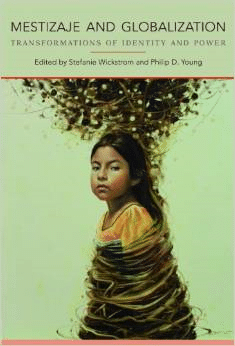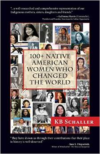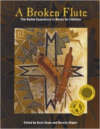Description
The Spanish word “mestizaje” does not easily translate into English. Its meaning and significance have been debated for centuries since colonization by European powers began. Its simplest definition is “mixing.” As long as the term has been employed, norms and ideas about racial and cultural relations in the Americas have been imagined, imposed, questioned, rejected, and given new meaning.
“Mestizaje and Globalization” presents perspectives on the underlying transformation of identity and power associated with the term during times of great change in the Americas. The volume offers a comprehensive and empirically diverse collection of insights concerning mestizaje’s complex relationship with indigeneity, the politics of ethnic identity, transnational social movements, the aesthetic of cultural production, development policies, and capitalist globalization, with particular attention to cases in Latin America and the United States.
Beyond the narrow and often inadequate meaning of mestizaje as biological and racial mixing, the concept deserves an innovative theoretical consideration due to its multidimensional, multifaceted character and its resilience as an ideological construct. The contributors argue that historical analyses of mestizaje do not sufficiently understand contemporary ways that racism, ethnic discrimination, and social injustice intermingle with current discourse and practice of cultural recognition and multiculturalism in the Americas.
“Mestizaje and Globalization” contributes to an emerging multidisciplinary effort to explore how identities are imposed, negotiated, and reconstructed. The chapter authors clearly set forth the issues and obstacles that Indigenous peoples and subjugated minorities face, as well as the strategies they have employed to gain empowerment in the face of globalization.






Reviews
There are no reviews yet.